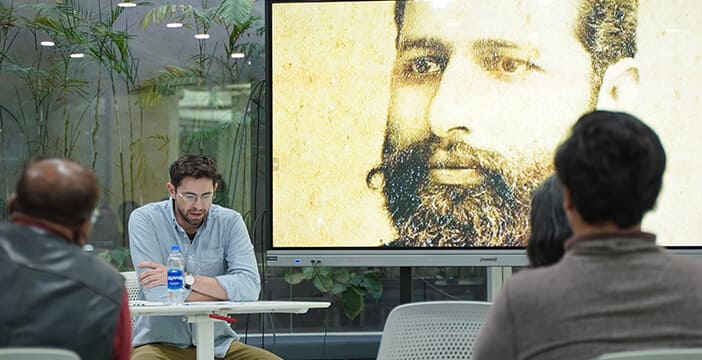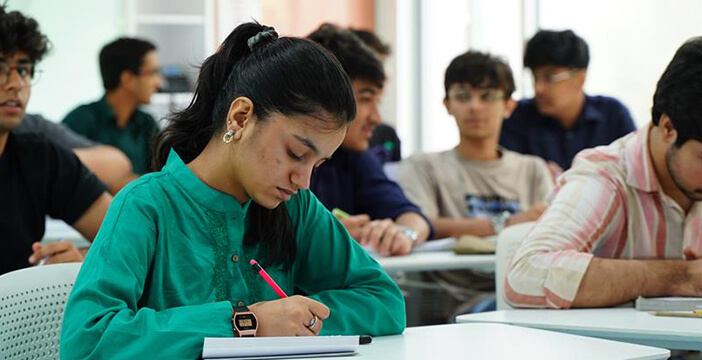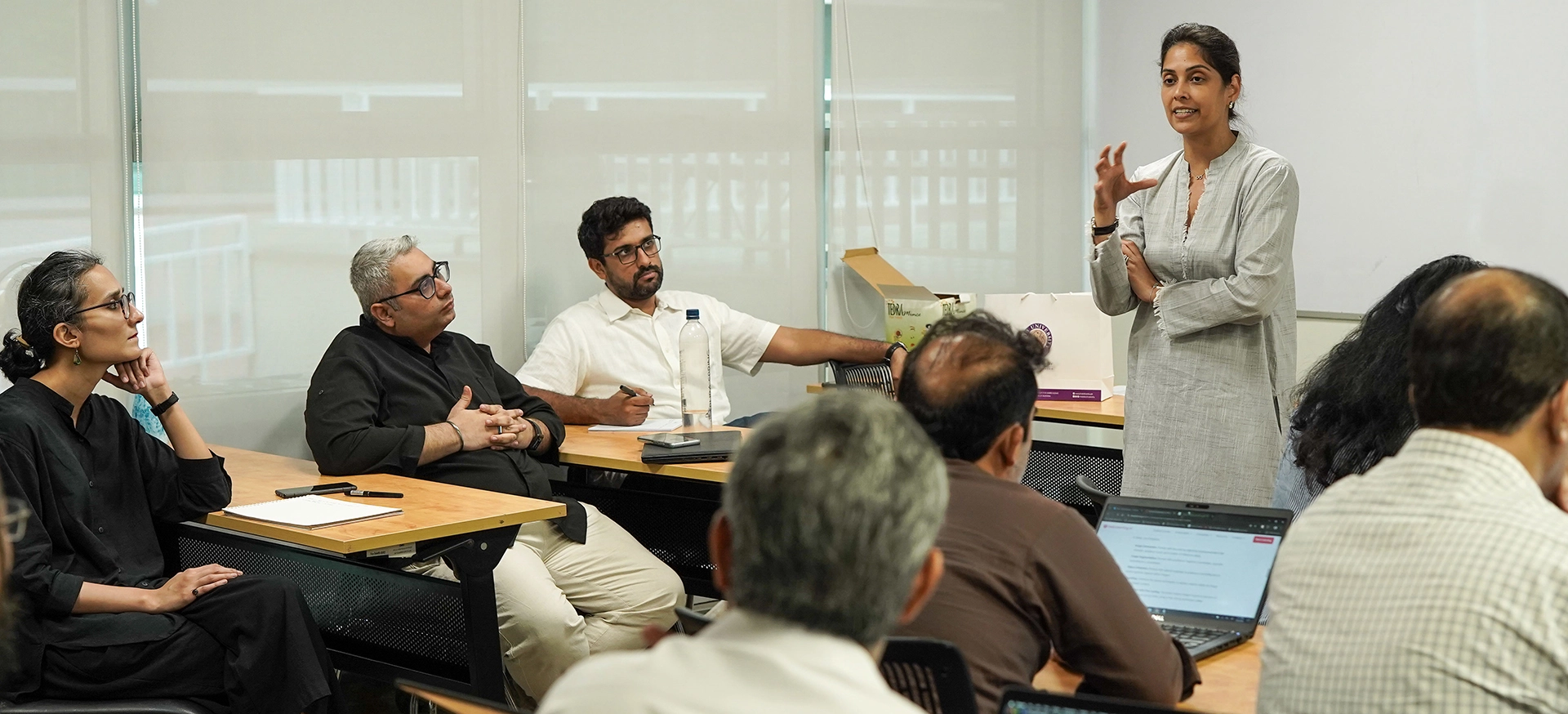Why We Need Comparative Cultural Studies Now More Than Ever

We live in an age where we can talk to someone across the globe in seconds, share ideas instantly, and learn about unfamiliar cultures from our phones. Yet, cultural misunderstandings persist, and sometimes even escalate into conflict. In this context, Comparative Cultural Studies emerges as an essential field that helps us understand, respect, and engage with the world’s diversity.
This discipline goes beyond appreciating food, festivals, or fashion. It asks: How do different cultures view identity, power, and belonging? And perhaps more importantly: What can we learn from these differences?
The Globalized Context of Comparative Cultural Studies
The 21st century is defined by globalization, increased mobility, interconnected economies, and the digital flow of information. Whether in Pakistan, Brazil, or Japan, individuals are encountering more cultures than ever before.
This rapid interaction makes cross-cultural comparison essential. Understanding other worldviews is not a luxury; it’s a necessity for navigating politics, business, and education. In this globally entangled reality, cultural literacy is just as important as digital literacy.
To further explore how education systems are adapting to this interconnected world, we recommend reading How Important is Interdisciplinary Education in Today’s World? on the Habib University blog. It highlights why interdisciplinary learning, like Comparative Cultural Studies, is essential in preparing students for global challenges.
Benefits of Studying Other Cultures
Enhanced Cultural Identity
Ironically, engaging with other cultures often strengthens your understanding of your own. When we contrast our traditions with others, we start to see what makes them unique and what connects them. Cultural identity becomes clearer in comparison.
In Pakistan, this is particularly powerful. With its multilingual, multiethnic population, Pakistan itself is a case study in cultural complexity. Studying other societies helps students reflect more deeply on the richness of their own cultural heritage.
Improved Communication and Cooperation
Cross-cultural studies have shown that students exposed to diverse cultural frameworks develop stronger interpersonal and communication skills. In fact, studies indicate that effective intercultural communication competence can reduce miscommunication by up to 15% when individuals are culturally aware and trained (ERIC, U.S. Department of Education). These skills have real-world applications in diplomacy, conflict resolution, and teamwork within increasingly multicultural business environments.
Universities that incorporate comparative and critical cultural studies in their curricula help produce graduates who are not just technically skilled but also emotionally intelligent and culturally competent.
Combatting Stereotypes and Prejudice
By examining different societies through the lens of comparative cultural studies, we begin to dismantle stereotypes. We understand that cultural behaviors arise from context, not from simplistic or static identities.
For example, students may compare the media representations of women in Western countries with those in South Asia. This connects to both critical cultural studies and nature vs culture in gender studies, helping learners analyze how gender roles are socially constructed across societies.
Expanding Perspective and Empathy
Engaging in the study of other cultures builds empathy. It’s easier to respect others when you understand their history, language, and value systems. This is a core goal of liberal arts education, and a foundational principle at institutions like Habib University, often ranked among the best universities in Pakistan for interdisciplinary and humanistic learning.
Academic and Practical Fields Involved
Comparative Cultural Studies isn’t limited to anthropology or literature. It draws from philosophy, media studies, sociology, and more. It intersects with fields like:
- Comparative Humanities, which helps students draw connections across time and space
- Gender studies, particularly debates on nature vs culture
- Media and representation are critical to understanding cultural power
Programs like BA (Honors) Comparative Humanities at Habib University allow students to explore these intersections in a rigorous yet reflective way. It is this interdisciplinary spirit that sets liberal arts apart in Pakistan’s evolving higher education landscape.
Cultural Heritage and Preservation
One area where Comparative Cultural Studies becomes particularly meaningful in Pakistan is the study of cultural heritage. With ancient sites like Mohenjo-daro, Buddhist relics in Gandhara, and diverse linguistic traditions, Pakistan is a treasure trove of history.
By comparing how different nations preserve or reinterpret their heritage, students can gain insight into how memory and identity are shaped. For example, why is one cultural artifact celebrated while another is neglected? What role does heritage play in national identity?
Consequences of Cultural Ignorance
The cost of cultural ignorance is high. From colonial legacies to modern conflicts, many historical injustices stem from a failure to understand or value difference. In today’s polarized world, lacking cultural awareness can lead to diplomatic missteps, internal divisions, or cultural erasure.
Critical cultural studies explore these issues by analyzing how dominant narratives form and who gets left out. Comparative perspectives help us identify and correct these blind spots.
 How to Engage with Other Cultures Responsibly?
How to Engage with Other Cultures Responsibly?
Learning about other cultures isn’t just about reading textbooks; students can:
- Travel (physically or virtually)
- Read literature from different regions
- Engage with global media through a critical lens
- Take academic courses in cultural and comparative studies
Responsible engagement also means questioning your assumptions. It’s not enough to consume other cultures; you must seek to understand them with humility.
Conclusion
In a time of rising division and unprecedented connectivity, the importance of cultural studies is undeniable. Comparative Cultural Studies offers us the tools to build a more inclusive, empathetic, and informed world. It challenges us to move beyond simplistic narratives and embrace complexity.
As Pakistani students engage with these ideas, especially in forward-thinking institutions like Habib University, they become part of a global movement that values diversity not just as a buzzword but as a path to understanding. And in doing so, they not only explore the world, they discover themselves.








